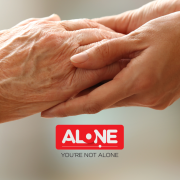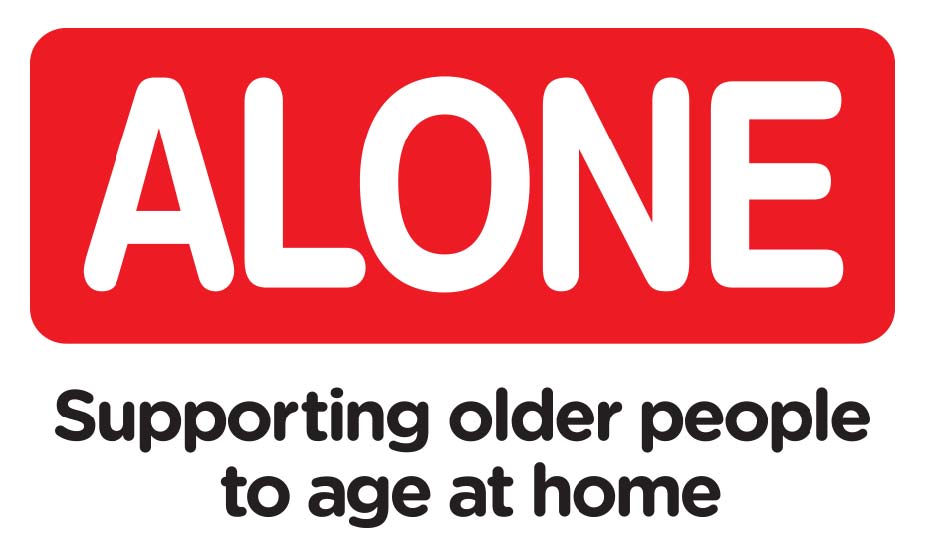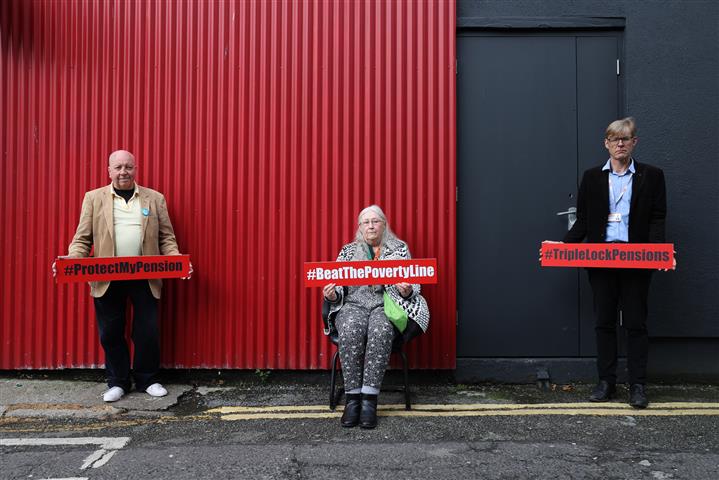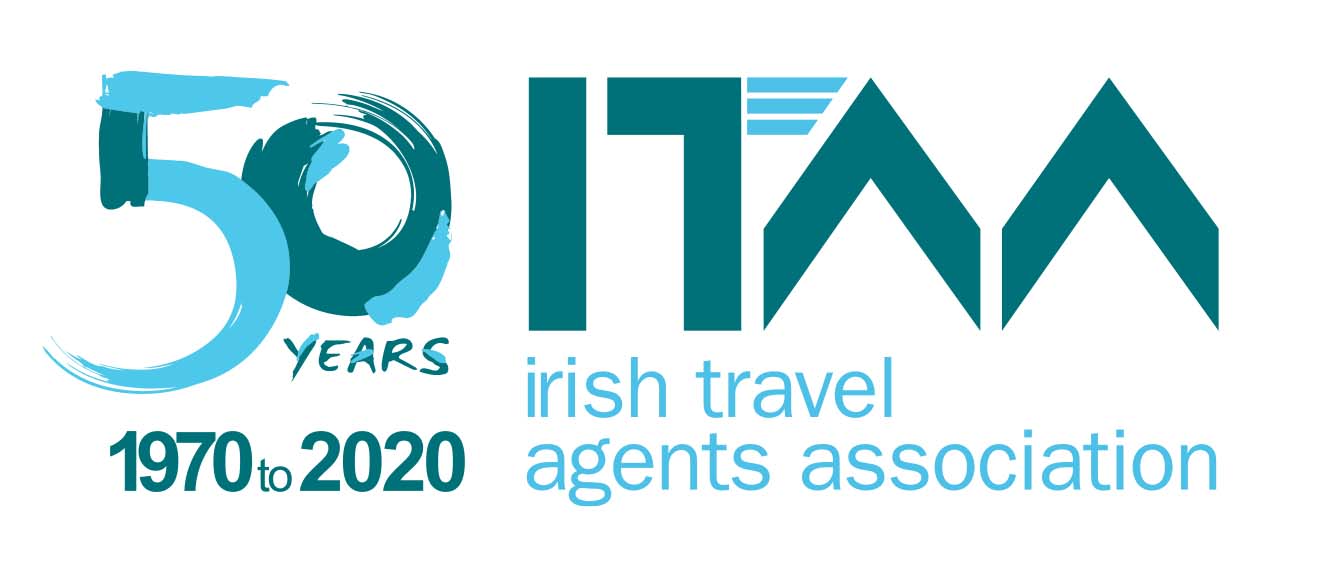ALONE highlights increased loneliness among older people as COVID-19 pandemic continues
ALONE, the organisation which supports older people is calling on members of the public to reach out to older people in their lives who may be feeling particularly isolated at the moment due to the current COVID-19 guidelines. The organisation is concerned by the negative impact of loneliness on older people’s mental health, and is asking the public to continue to reach out and stay in touch with their older relatives, neighbours and friends.
ALONE have been campaigning for many years around the implications of loneliness and with the establishment of The Loneliness Taskforce in 2018, they continue to advocate towards coordinating a response to the epidemic of loneliness and social isolation in Ireland. In order to combat loneliness, the taskforce established five principle actions; responsibility allocated to a specific Minister and Government Department; a public campaign to be undertaken; support offered to initiatives and organisations which alleviate loneliness as their primary function; an action plan for volunteering is initiated; and Irish-specific research on loneliness is undertaken. There is now an urgency to see these actions fast-tracked due to the COVID-19 pandemic.
The organisation has seen an increase in the number of callers reporting negative emotions over the last six months, with many more people recording feelings of loneliness and social isolation. While the organisation acknowledges that the current guidelines are in place to prevent the spread of coronavirus and protect vulnerable groups, ALONE have already reported an increase in a wide range of mental health impacts among older people. This is directly related to the COVID-19 pandemic, as a result of prolonged periods of cocooning and limited social contact. ALONE would also like to remind older people that their services continue to be available to any older person who needs advice or support during this time. ALONE are equipped with almost 3,000 volunteers who have worked tirelessly before and during this pandemic.
Data included in the Loneliness and social isolation in the COVID-19 Pandemic among the over 70s[1] by ALONE and The Irish Longitudinal Study on Ageing (TILDA) in July 2020 showed that one-third of those aged 50 and older felt lonely at least some of the time. The study also showed that loneliness is most prevalent among over-75s and those living alone. Many of the older people who have contacted ALONE in the past six months are living alone and are most at risk of experiencing loneliness and isolation.
For some older people, loneliness is an unfamiliar issue, which will cease to affect them with community supports; for others, unfortunately this is an ongoing state of being. ALONE are determined to ensure every older person has access to the supports that they need to combat loneliness and live a happy and fulfilled life. If someone calls or is referred to ALONE, the organisation can arrange to contact an older person several times a week or every day if this support is needed, with this service set to continue after the current crisis.
Jane* called ALONE’s Support Line as she has been feeling it very lonely since the implementation of COVID-19 restrictions. Before the restrictions came into place, she was very active and social, and was part of two groups that met weekly. ALONE informed her about their telephone support services, and she said that she would love a weekly call. Jane’s daughter did her shopping for months during the pandemic, but last week Jane went back to her local shop and felt very nervous.
Since March, ALONE’s National Support Line has received in excess of 31,993 calls for support. ALONE staff and volunteers have made more than 177,280 calls to older people who needed support, and provided more than 3,102 units of practical support, delivered from the support line, staff and volunteers. ALONE is providing ongoing support to more than 14,745 older people who require support for difficulties with loneliness, health, finance, housing, accessing services, COVID-19 and other challenges.
Seán Moynihan, CEO of ALONE said, “Loneliness is a serious issue among older people which has been exacerbated by the current situation, and we believe the long-term mental health impacts of loneliness will continue to affect older people long after the pandemic has passed. We have continually called for the national strategy on loneliness to address this issue on a long-term basis to be implemented and need to see this come into play rapidly. We are receiving a huge number of phone calls from older people who are feeling lonely and isolated having now spent six months limiting their social contact in their homes, and we believe this will become more difficult as we move into the winter months.”
He continued, “We are asking members of the public to keep in touch with the older people in their lives during what is a very difficult time for many. It is important to maintain contact with older people
So far, the level of support we have seen from communities across the country has been phenomenal, and we hope this will continue. We are also encouraging any older person who is experiencing loneliness to get in touch with us. Our volunteers are continuing to provide telephone support for older people and are making regular phone calls for reassurance and social support.”
ALONE is encouraging older people who need advice or support to call their support line, 0818 222 024 from 8am-8pm, seven days a week. The support line, which is running in collaboration with the Department of Health and the HSE, is available to all older people including those who have not used ALONE’s services previously. The support line is designed to complement the clinical advice and information being provided by the HSE through its website and helpline.











